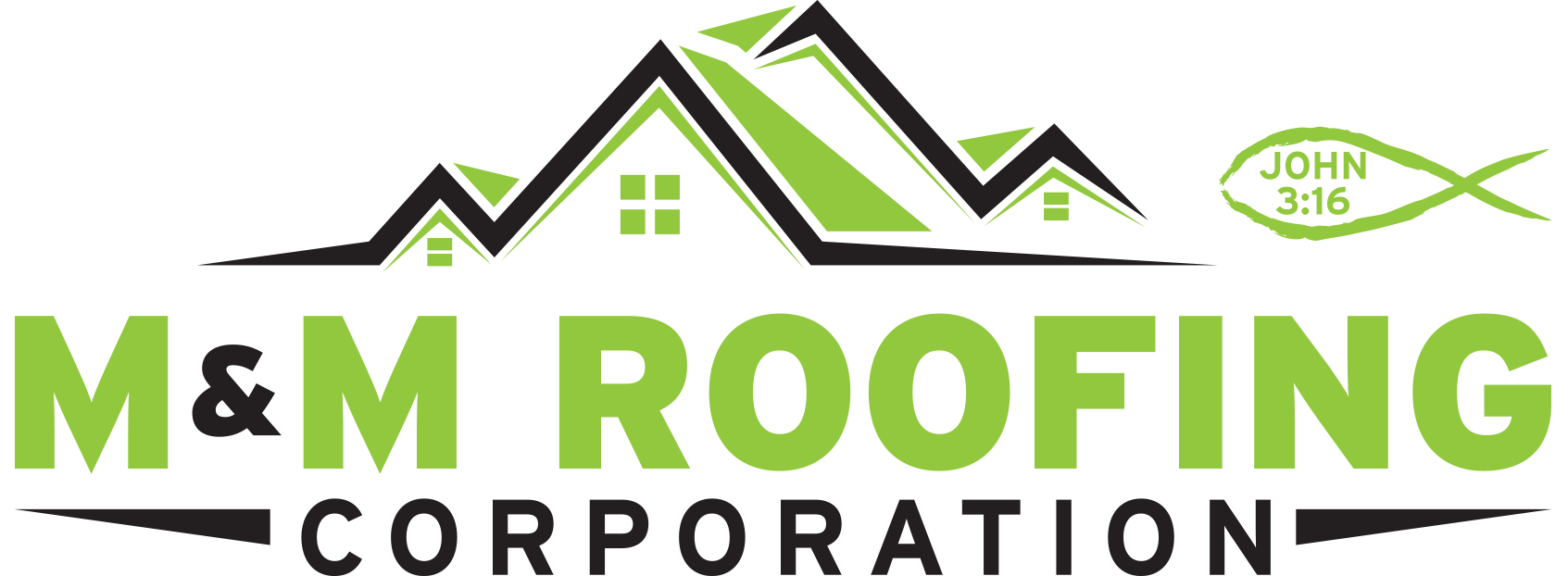New Jersey’s distinct and diverse climate has long been a topic of conversation and consternation for its residents. From the sultry summer days to the snow-capped winters, every season brings its challenges. Among these challenges is the wear and tear that such a varied climate can have on home infrastructures, especially chimneys.
Understanding New Jersey’s Climate Spectrum
New Jersey’s geographical location places it within a transitional zone between humid subtropical and humid continental climates. This results in a mix of hot, humid summers and cold winters. The state also faces its fair share of storms, be it thunderstorms in the summer or nor’easters in the winter.
The Toll of Summer
While we often associate chimney damages with winter conditions, summers in New Jersey can be equally culpable.
- Moisture & Masonry: The humidity and occasional summer rains can seep into the masonry, leading to potential water damage.
- Regular Use: For homes that use their chimneys even in summers, the consistent exposure to heat can lead to wear and tear over time.
Winter’s Wrath on Chimneys
The cold months, unsurprisingly, are the harshest on our chimneys.
- Freeze & Thaw Cycle: Water that has seeped into the masonry can freeze in the cold. When water freezes, it expands, potentially causing cracks. When it thaws, it contracts, further stressing the structure.
- Snow & Ice: The accumulation of snow and ice can block chimneys, and the weight can lead to structural issues.
Autumn Leaves & Spring Pollen
While these seasons are milder, falling leaves in autumn can block chimney flues, and spring pollen can sometimes lead to blockages and allergies when chimneys are not adequately cleaned.
Maintaining Chimney Health Amidst Climatic Challenges
Given the rigorous climatic conditions, regular chimney maintenance becomes crucial.
- Regular Inspections: It’s advisable to have your chimney inspected at least once a year to detect any damages early on.
- Proper Cleaning: Removing soot, blockages, and ensuring a clear flue can ensure optimal function and longevity.
- Waterproofing: Considering the freeze and thaw cycles, waterproofing can prevent water seepage and resultant damages.
Conclusion: The Role of Professional Care
Understanding the impacts of New Jersey’s climate on chimneys underscores the need for professional care and maintenance. By staying proactive and seeking expert services, homeowners can ensure that their chimneys stand the test of time and the state’s varied weather conditions.
For top-notch chimney care tailored to New Jersey’s unique climate, trust the experts at M&M Roofing Corp.
Protect your chimney from New Jersey’s ever-changing weather.

